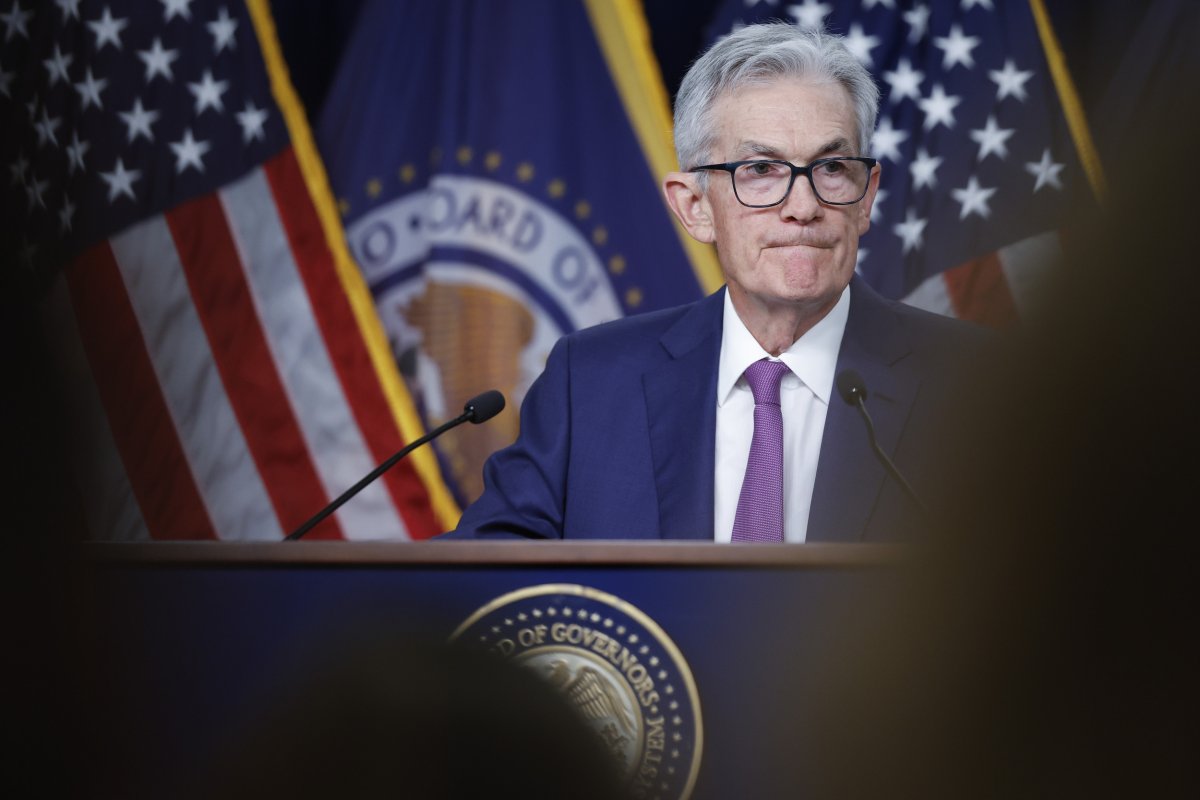Homebuyers are bracing for a tougher market as mortgage rates inch higher, experts say, reflecting the Federal Reserve's cautious stance on interest rate cuts amid fluctuating economic signals.
In the wake of the Fed's meeting minutes issued on Wednesday showing a consensus on the central bank not cutting rates too quickly, the housing market is hitting a slowdown, with mortgage applications plummeting and rates climbing to their highest in months. The Fed's guarded optimism about inflation control and the subsequent recalibration of rate cut expectations have sent ripples through the U.S. 10-year treasury, and subsequently the typical 30-year mortgage rate.
As mortgage rates nudge upwards to 7.14 percent, according to Mortgage News Daily, potential buyers are caught in a bind, adjusting to a market where higher borrowing costs and limited supply dampen affordability and accessibility. The Fed's deliberations and market reactions signaled a shift in the market, creating an uncertain landscape that both buyers and industry professionals must navigate.
Experts say this is a new reality, and it's not going to change any time soon.
"Everyone has their mind wrapped around the two and three percent [mortgage rates seen over the pandemic], but those days are over and I don't think anyone would tell you that they're coming back anytime soon," Bess Freedman, CEO of Brown Harris Stevens, said in a CNBC interview on Wednesday. "I think we have to get adjusted to the fact that a 6 percent 30-year, 7 percent is probably where we're going to be for some time."
The Fed's prudent stance has dampened the optimistic anticipation of imminent rate reductions, which would have lowered the 10-year Treasury and the 30-year mortgage rate. According to the CME FedWatch tool, the probability of a rate cut by the Fed has shifted, with a 52.9 percent likelihood of a rate cut in June. Previously, economists anticipated a rate cut as early as May, but the chances of that have now decreased to 30 percent.
The implications of the Fed's stance are far-reaching, affecting the overall momentum of the housing market as mortgage applications saw a nearly 11 percent drop according to data from the Mortgage Bankers Association (MBA). The slump in demand is a potential reflection of the increased financial burden on potential buyers, who are now facing higher borrowing costs on top of already elevated home prices due to a persistent supply shortage.
Newsweek has reached out to Federal Reserve officials by email on Wednesday for comment.
Construction and Prices Also a Problem
The dynamics of the housing market are further complicated by near-record-high home values and the construction sector's challenges.
January saw a concerning trend, as housing starts declined by 15 percent, potentially exacerbating the already-strained housing supply. However, hope emerges from the increase in building permits, indicating a potential future uptick in new home construction.
Despite the encouraging recovery in recent months, the persistent escalation in home prices looms as a concerning factor in the market. According to data issued by Redfin on Tuesday, U.S. home prices saw a 0.5 percent month-over-month increase in January to $402,343. While it represents a slight increase from the preceding months, it follows a downward trend from the all-time highs of $432,715 seen in May of 2022.
The rise points to the resilience of home values even in the face of fluctuating mortgage rates. Year-over-year, the surge in prices reached 6.7 percent, marking the largest annual increase witnessed within a year.
"Price growth held steady last month because many of the home purchases that closed in January were negotiated at the end of last year, when mortgage rates posted the biggest drop since 2008," Redfin Senior Economist Sheharyar Bokhari said in a statement.
The primary driver behind the price hike remains the acute shortage of homes for sale, according to Redfin. That scarcity, exacerbated by a drop in new listings—the first since June—continues to fuel competition in various locales, further elevating prices.
Many homeowners, reluctant to relinquish their low mortgage rates obtained during more favorable times, contribute to the dwindling number of listings, Redfin said, thereby perpetuating the cycle of high demand and low supply that underpins the current housing market challenges.

Uncommon Knowledge
Newsweek is committed to challenging conventional wisdom and finding connections in the search for common ground.
Newsweek is committed to challenging conventional wisdom and finding connections in the search for common ground.
About the writer
Aj Fabino is a Newsweek reporter based in Chicago. His focus is reporting on Economy & Finance. Aj joined Newsweek ... Read more
To read how Newsweek uses AI as a newsroom tool, Click here.








